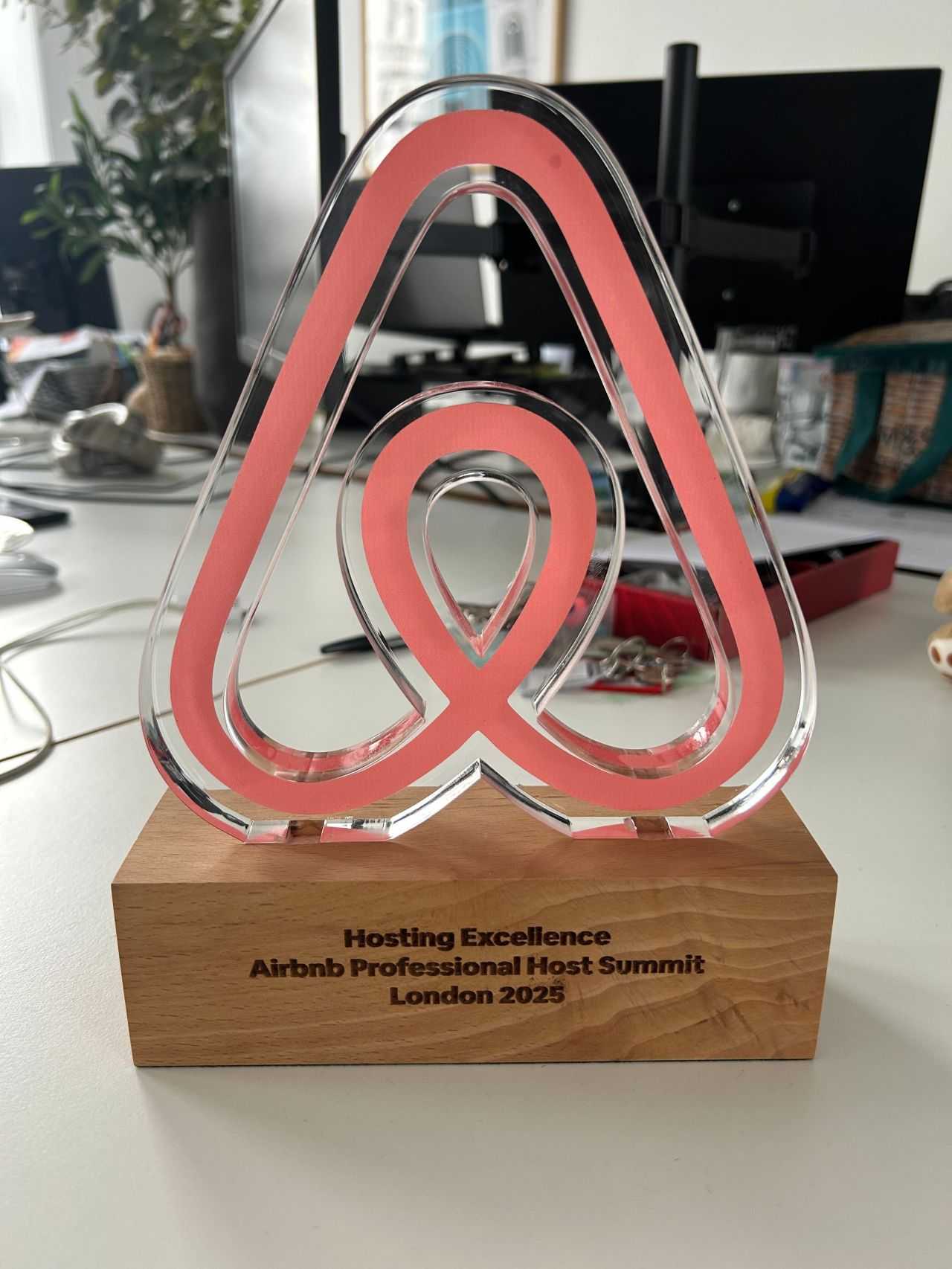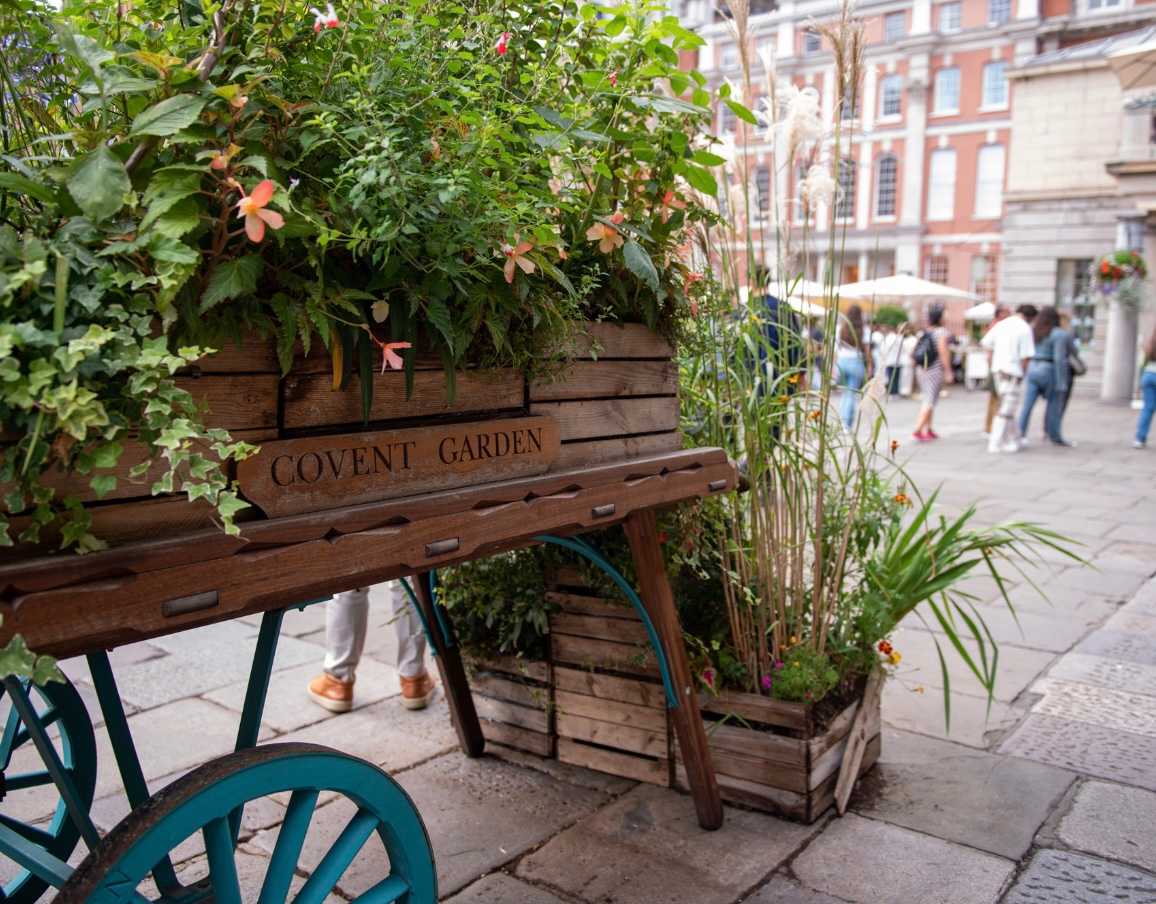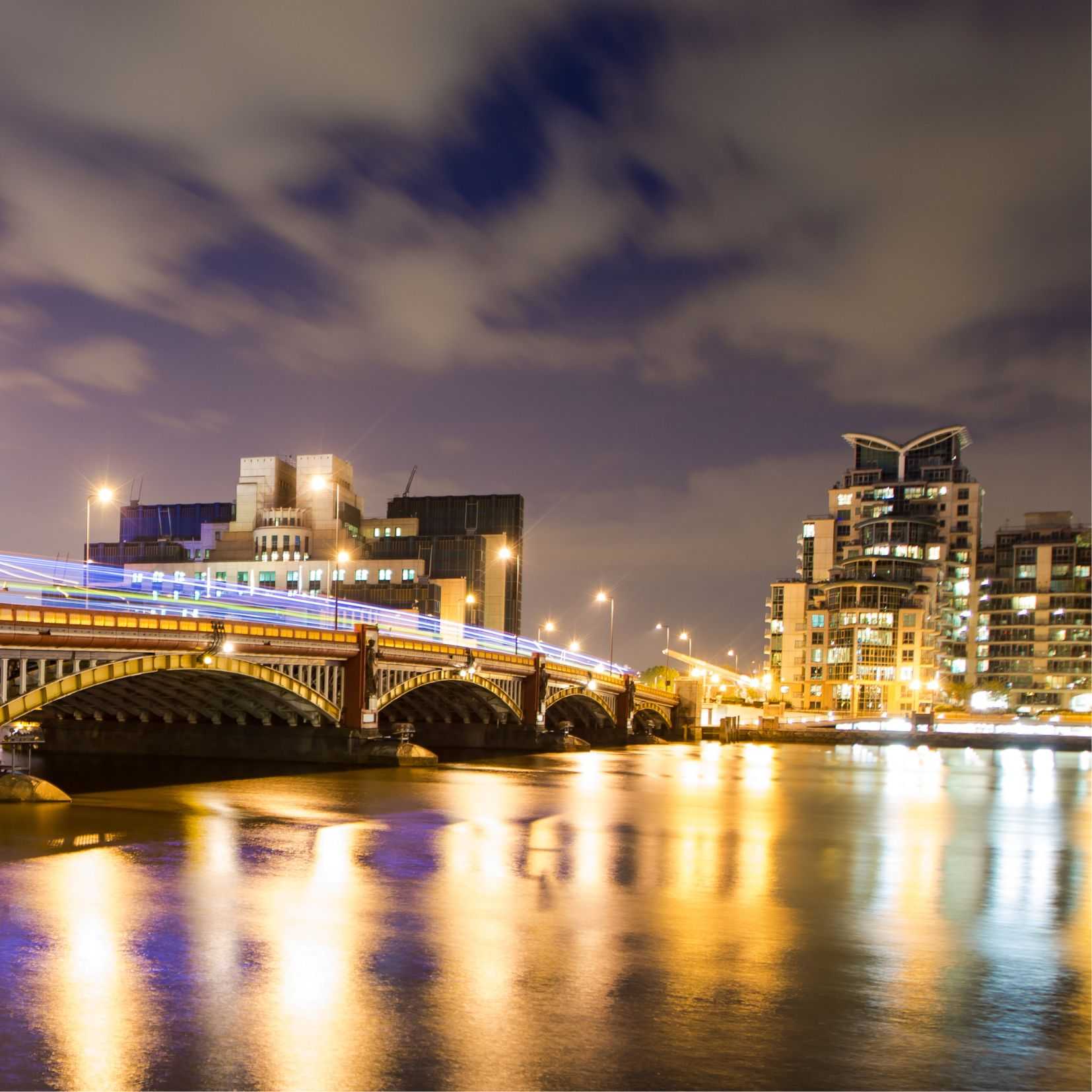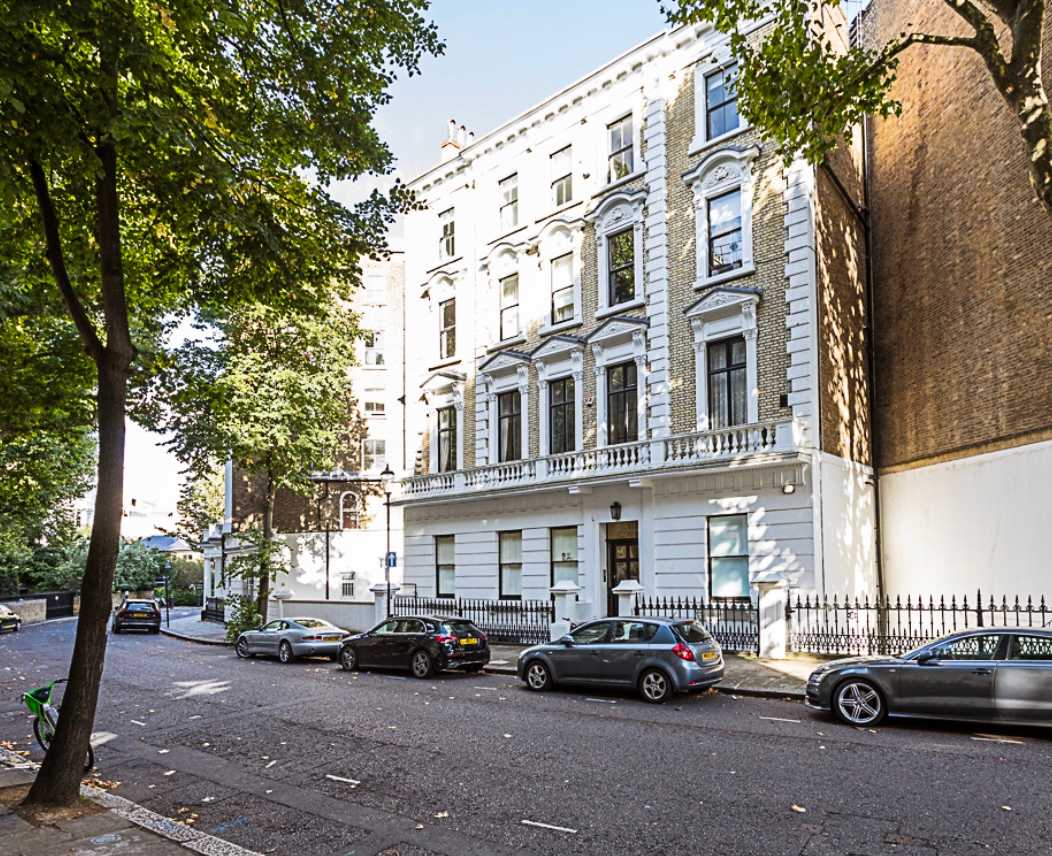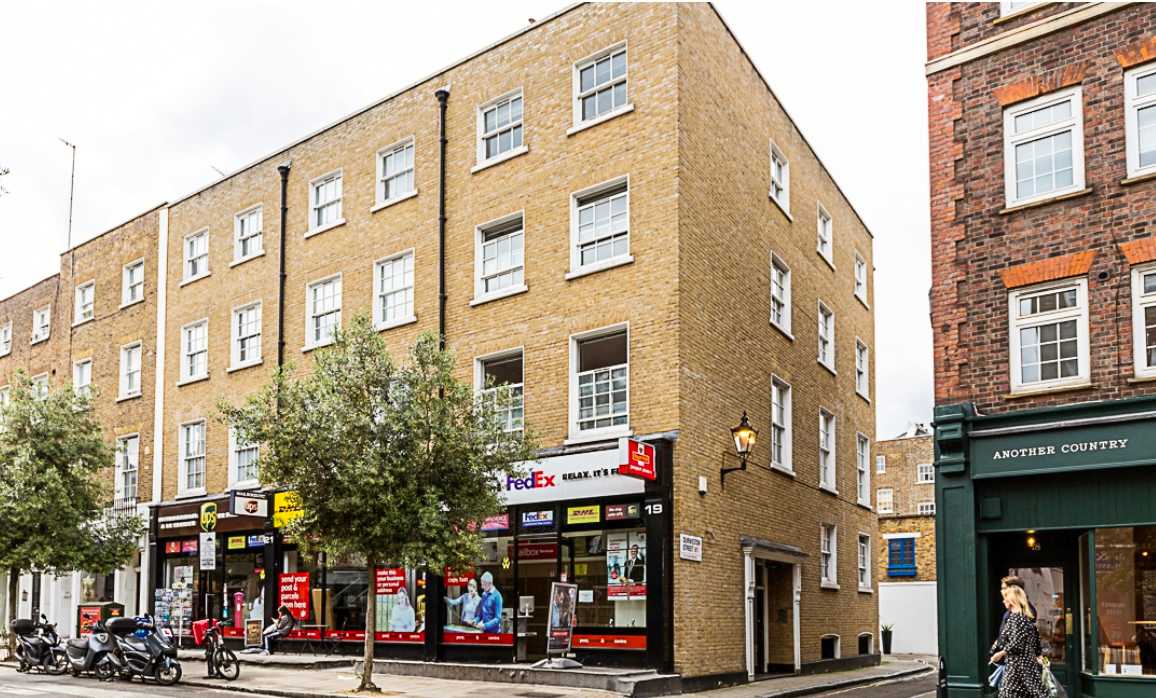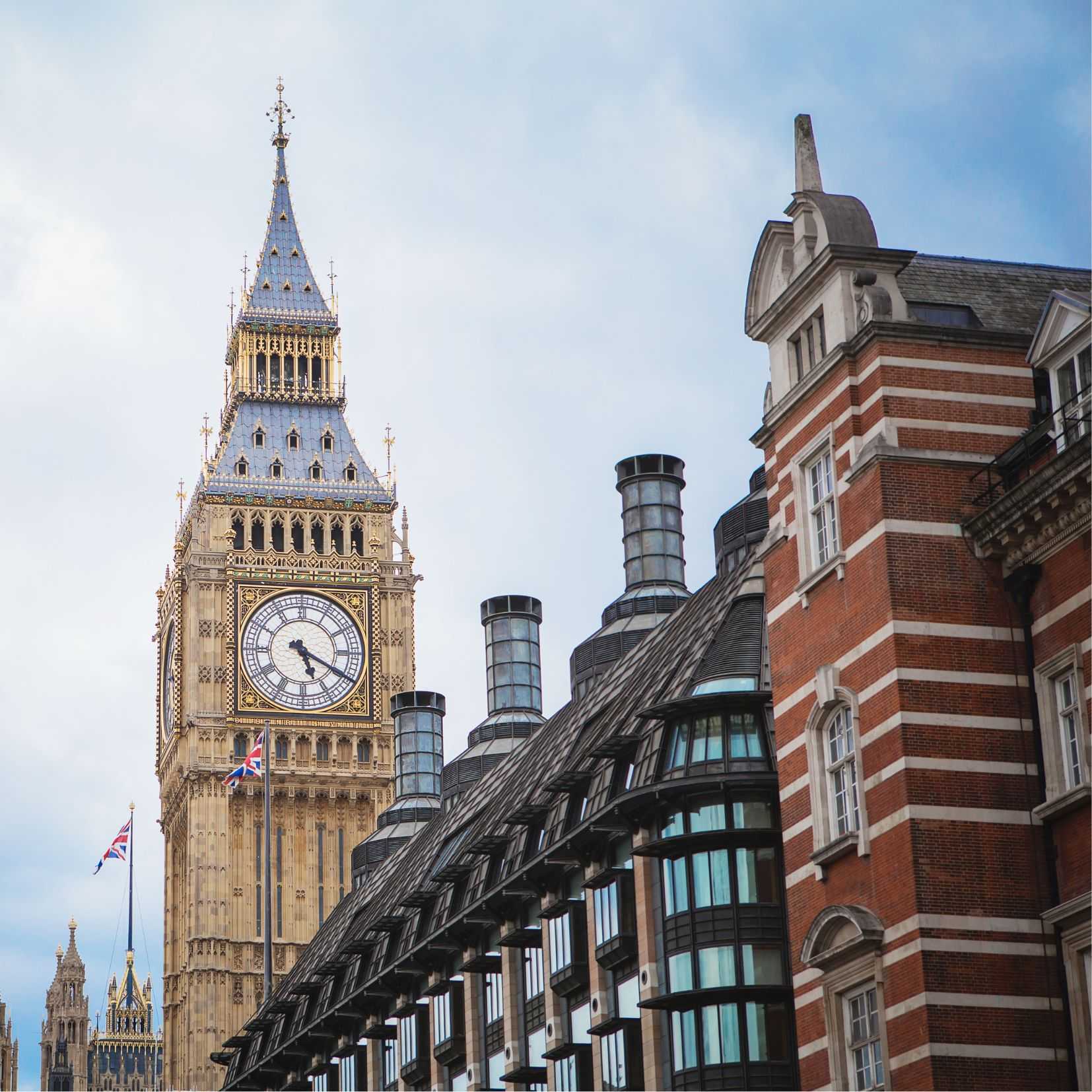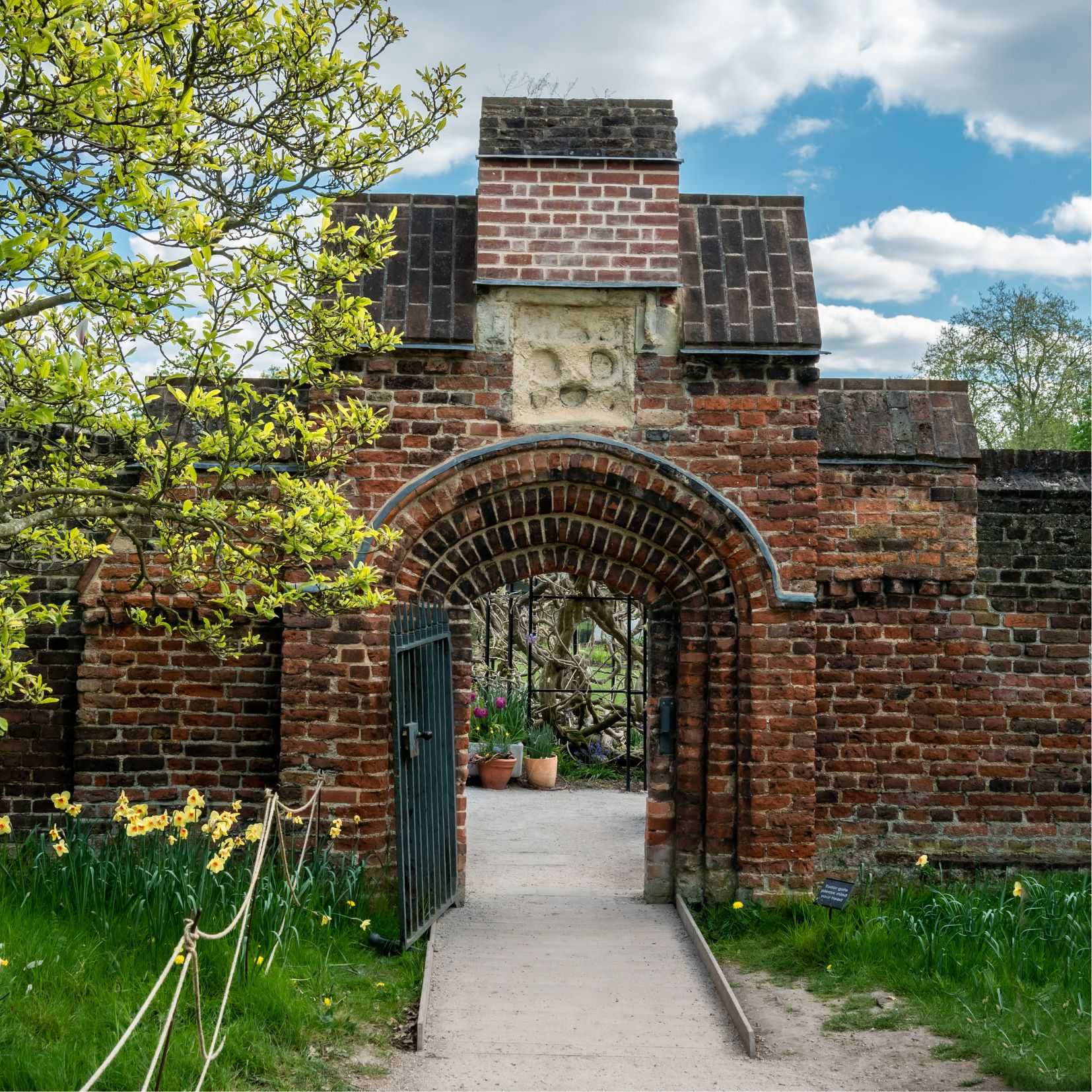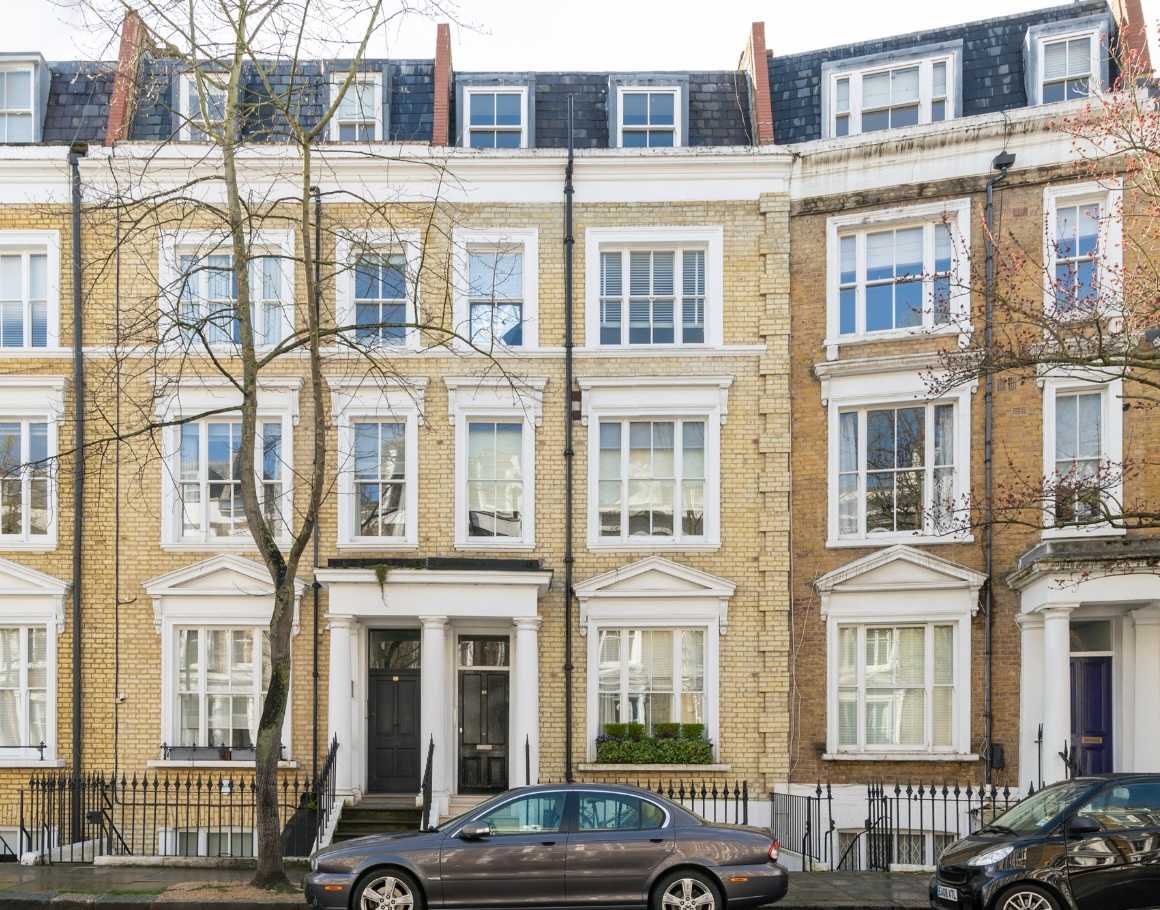Share post:
Did you know that in 2022, approximately 606,000 more people came to the UK compared to those leaving? In another publication, it’s revealed that the majority of migrants have chosen to reside in London.
So if you have plans to move to London anytime soon, you’re not alone. There are hundreds of thousands of people doing the same thing. People from all over the world are attracted to the culture, history and opportunity that comes with living in London. It offers a blend of professional and academic opportunities – making it a great hub and melting pot for people from different backgrounds.
In this article, you’ll learn more about what it takes to move to London. You’ll get a list of things to research so you can come prepared. You’ll also get helpful tips for a seamless move – regardless if you’re coming as a business professional or an international student.
Research: Things to Know Before the Move
The first step to relocating anywhere is to do your research. Moving to a new city can be daunting but with the right information, you can find the best spot in London to start a new life. It’s not just about finding a home to live. It’s about making sure that you’re legally ready to move and that you have the resources to thrive in the vibrant city of London.
Take a look at the different things that you need to research before moving to London.
Cost of Living
Being one of the most sought-after places to live comes with a price – the high cost of living in London. This is why you have to consider your budget before making a move. Research the neighbourhoods that you want to live in – ideally, these should be near your workplace or school. Find out the rental rates, price of commodities and even transportation costs.
Check out sites that provide a breakdown of the cost of living in London so you can calculate if you have enough financial resources to live comfortably.
Requirements and Documents
This may come with a long list so be ready for this. Relocating to London involves paperwork so you should get the necessary documents like visas, work permits, student permits, etc. The list of requirements and documents will depend on your purpose for moving to the city.
If it’s for work, you might need additional documents from the workplace that hired you – like a company-sponsored work visa. The requirements vary depending on your nationality. So check out the UK government’s immigration website for the specific details you need to comply with.
If you’re moving as a student, you need to get a student visa which would require documents from the school you enrolled in. Take note that students are allowed to work in London – but it comes with a lot of restrictions. For instance, you won’t be allowed to work full-time or start a business – even as a partner. The government will also monitor your entry and exit – making sure that once you graduate, you’ll leave London within a set period.
There are also permits and personal identification documents that will allow you to access benefits like driving vehicles, etc.
Location: Getting Around
This city is divided into 32 boroughs that cover 607 square miles. Every borough is unique and offers its own set of perks. For instance, Camden has a lot of indie shops and vintage stores. SoHo is ideal for creative and artsy folks.
As different as these places are, you should also pay attention to the cost of living in these areas. For instance, Central London is very expensive but neighbourhoods in Brixton or East London are more affordable. Check out where you will work or study so you can narrow your options.
As you look at possible locations in London, don’t forget to check out the public transportation. The city has an extensive public transport system so getting around shouldn’t be a problem. Of course, memorising the stops and routes will take time. But if you do your research, you’ll find that getting around can be quite affordable.
Residents of London use an Oyster Card, a prepaid card that you can use to pay for different public transport like buses, trams, the tube, trains, etc. You can also use your bank card if it has the contactless payment sign on it.
Accommodation options
Once you’ve decided where you want to live, research the accommodation options there. Some companies that hire people from abroad usually offer housing as part of their compensation package. If not, you can still ask them for options so they can refer the right neighbourhood to you.
If you’re coming as a student, universities and colleges usually have dorms or student housing options that you can choose from.
The types of accommodations you can choose from include shared spaces, private rentals, student dorms, etc. It’s best to check out property management companies like City Relay. They manage hundreds of properties around London and they can help you find the best rental property that fits your specific needs.
What are you bringing?
Finally, your research should take into consideration what you plan to bring to the city. Will your family be with you as you move? This will require additional documentation and you’ll have to find the right type of accommodation that can fit your family.
If you plan to bring your beloved pet, this will require documentation as well. Make sure that the property you’ll rent is pet-friendly. Some landlords won’t allow pets on their properties.
You also want to consider neighbourhoods that are family or pet-friendly. This means you’ll be near amenities and facilities that can help your family or pets settle in.
Tips for a Seamless Transition After Moving to London
Starting your life in London can be a seamless experience as long as you come prepared for it. Whether you’re relocating to work or study, the city offers numerous opportunities that can help you grow as a person. The culture, diverse population and historical sights can enrich the whole experience.
To have a seamless transition after your move, here are a couple of tips that you might find useful.
Try out the public transport system
Although you’ve done your research, trying out the real thing is better. At first, it will feel overwhelming. But if you focus on the different modes of transport and the zones in London, you’ll find your way around without any difficulty.
Choose the right accommodations
This will probably cost you the most so make sure you choose the right property. There are companies like City Relay that can set you up for mid-term or long-term rental properties. These will ensure that the property is yours for a couple of months at a time. Talking to property experts will allow you to find the best neighbourhood and home to build a new life in London – without breaking the bank.
Set up the essential services
After securing your accommodations, set up services like your phone service, etc. If you get a property with City Relay, they usually come with electricity, gas, water and Internet – but you still have to inquire about these specifically to be sure. Health care is also another thing you should consider. The National Health Service (NHS) is accessible even to temporary residents. You can be assured of proper healthcare and coverage during your stay – as long as you apply accordingly.
Learn the local customs and connect
This is the best way to enjoy your time in London. Learn about the local customs and immerse yourself in the cultural diversity that makes this city incredibly rich. Learning the social norms, traditions and etiquette will enrich the whole experience of moving to London.
As you do this, connect with the locals. Try to build your network and socialise with the people you meet. These people can help you in the future as you spend more time in the city.
Find the Best Accommodation in London
Moving to London for work or study is easy as long as you do your research. Life in the city is fast-paced so you’ll have to hit the ground running when you arrive. Make sure you enjoy the whole experience so you can learn to love the city as your home.
Amid the chaos in planning your move to London, one of the important decisions that you have to make is where you will live. Finding the best accommodations is easy if you know where to look.
City Relay manages hundreds of properties around London. You can find the perfect property that meets your needs and enhances your overall experience in London. If you want to get the best rental properties in London, contact City Relay. Let us help you make your move to London as seamless as possible.
Find out more resources about living in London.


